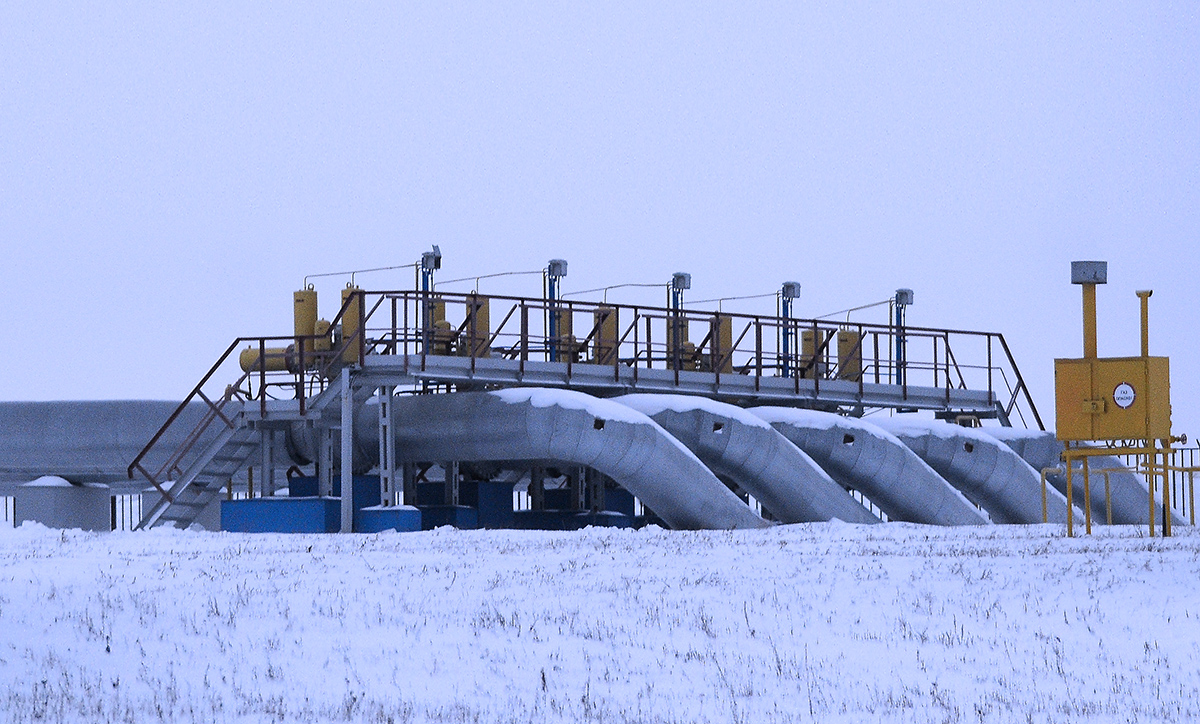Putin and Xi Deepen Energy Ties with New Pipeline Deal

Russia and China have taken a new step in strengthening their energy partnership by signing a memorandum on the construction of the large-scale Power of Siberia 2 gas pipeline, but the key issue of gas prices remains unresolved.
The Gaze reports on it, referring to Reuters.
On September 2, Chinese leader Xi Jinping and Russian dictator Vladimir Putin held bilateral talks in Beijing.
During this meeting, Russia and China agreed to expand cooperation in the energy sector by signing a memorandum on the construction of the Power of Siberia 2 gas pipeline, which is to pass through Mongolia. It will allow up to 50 billion cubic meters of gas to be supplied to China annually from the Arctic fields of Yamal.
At the same time, Gazprom agreed to increase supplies through the existing Power of Siberia pipeline from Eastern Siberia from 38 to 44 billion cubic meters per year.
Despite the signed document, the main issue — the price of gas — remains open.
Gazprom CEO Alexei Miller said that the price would be lower than in Europe due to the long distances and difficult terrain, but did not give any specific figures. This indicates that China, by strengthening its partnership with Russia, is seeking to obtain significant discounts.
According to Miller, the construction of Power of Siberia 2 will be one of the most expensive gas projects in the world, and it is still unclear who will implement it.
In Beijing, Presidents Vladimir Putin, Xi Jinping, and Ukhnaagiin Khurelsukh discussed energy cooperation and signed 22 agreements, including a strategic cooperation agreement between Gazprom and the China National Petroleum Corporation, but did not provide any details.
Although the agreement is still preliminary in nature, it demonstrates the strategic interests of both parties: Russia in diversifying its exports and China in securing stable and cheaper energy resources.
China is currently Russia's main trading partner and a leading buyer of its energy resources. It is the largest importer of Russian oil and gas, the second largest importer of coal, and the third largest importer of liquefied natural gas.
Supplies via the existing Power of Siberia pipeline are carried out under a 30-year contract, and in 2024, exports amounted to about 31 billion cubic meters. It is expected that energy exports to China will only increase, given the closure of the European market and its sanctions policy.
As The Gaze reported earlier, Russia has delivered liquefied natural gas (LNG) from a sanctioned plant to a Chinese terminal for the first time, demonstrating its intention to expand fuel supplies to Asia.